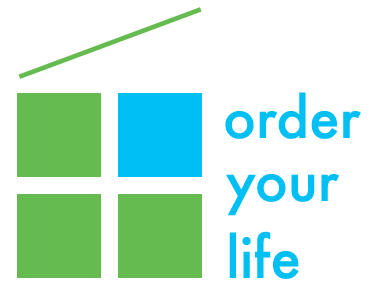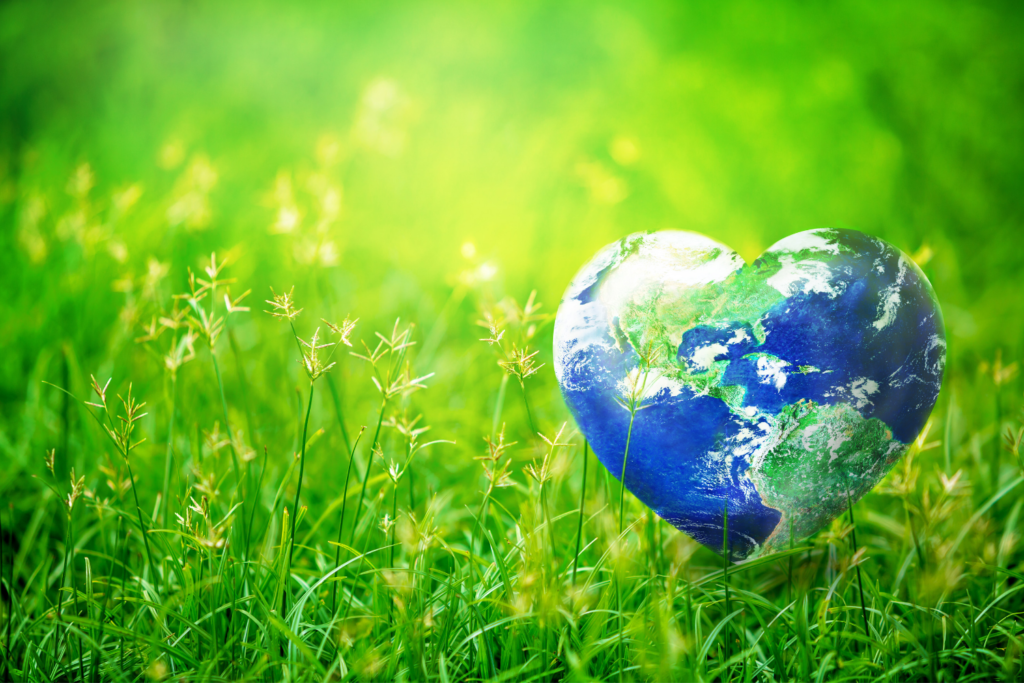Have you ever thought about the impact your paper consumption has on the earth and our environment? Consider:
- Every year, roughly 1 billion trees worth of paper are discarded in the U.S.
- Over the past four decades, paper use has risen by 400%. Deforestation has become a major problem in both developed and developing areas.
- According to the EPA, paper waste accounts for more than 25% and 68 million tons of land ruin. This is the largest component of municipal land waste.
- The paper industry is the 4th largest contributor to greenhouse gas emissions among U.S. manufacturing industries.
What can you do to help? Recycle paper whenever you can. And here are 22 more ways to start going paper-less in honor of Earth Day (April 22nd)
- Stop the needless flow of paper mail into your home by unsubscribing from catalogs and junk mail by signing up for CatalogChoice or PaperKarma
- How long has it been since you actually looked up a phone number in the Yellow Pages? Stop getting your phone book in the mail by signing up on https://www.yellowpagesoptout.com/.
- Stop all those pre-screened credit card and insurance offers that are flooding your mailbox by opting out of them on optoutprescreen.com.
- Use a cloud based app like Evernote to capture all the bits of random information that you want to remember instead of having it written on sticky notes or memo pads.
- Get financial and bank statements sent to you online rather than on paper. Making this one change offers multiple benefits. It reduces the load of mail that you need to open and process. It is more secure than having your financial information sitting in your physical mailbox. And it helps the environment by reducing paper waste.
- Instead of printing a document such as a bill or financial statement, save it as a PDF in an electronic folder or in the cloud on Dropbox or Box.
- Or even better, use a secure website like FileThis to automatically retrieve bills and statements and have them organized and stored in Evernote or Dropbox, or in the secure FileThis Cloud.
- Use a coupon app instead of clipping or printing paper coupons. Most major retailers (including CVS, Staples, and many others) make coupons available on their apps these days.
- Pay your bills electronically through your bank. This saves you money on checks, envelopes and stamps and reduces paper waste.
- Don’t print out information that you only need temporarily, such as emails. Flag emails to identify them quickly, then look them up on your smartphone. Preserve and store your messages by creating email folders by topic and archive them for future reference.
- Use Google Maps, Apple Maps or Waze on your smartphone to get directions instead of printing them out at home.
- Use a grocery list app like Grocery IQ to keep track of shopping needs. This can be shared with family members to make sure everyone is on the same paperless page.
- Take quick notes using IOS Notes or another similar app.
- If you prefer to write your notes, use a dry erase board instead of stickies.
- Use a digital task list like Wunderlist or Remember The Milk to keep your To Do’s synced and up to date.
- Have receipts emailed to you instead of getting in paper whenever possible.
- Don’t print out boarding passes and risk losing them – use an app like Apple Wallet to receive and store your boarding passes electronically. Here’s how to get the most out of Wallet.
- Use Venmo to pay your friends instead of paper checks. Your college-aged kids will know what this is!
- Use your built-in smartphone calendar like Google Calendar or Apple’s iCal instead of a paper one to keep track of your schedule and appointments.
- Forget using address books with innumerable crossed-out old addresses – Google contacts and Apple contacts are great alternatives that are always handy.
- Read your magazines on an app like Flipboard – the layout is beautiful and you can save articles for future reference using Pocket.
- When you do use paper, reduce your impact on the environment by buying recycled paper.
Even if you try out just one or two of these suggestions, you’ll be doing a lot to help Mother Earth – and we all want our planet to be healthy for a long time to come!


